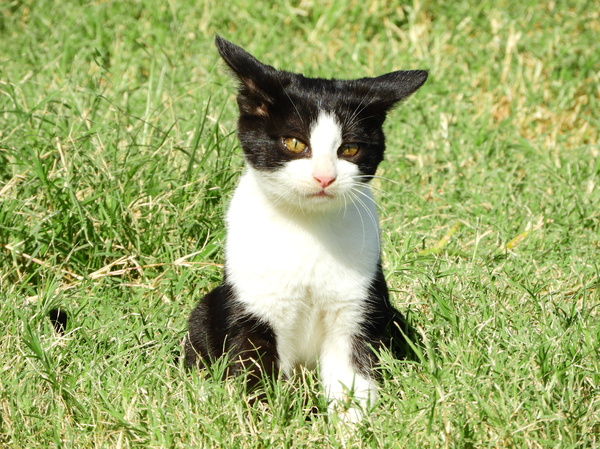
Anticipating a child is a joyous celebration, but it likewise comes with a myriad of duties and considerations, specifically for animal owners. Amongst the many concerns that develop throughout pregnancy, one that often flies under the radar is the concern of cat litter. While seemingly innocuous, cat litter can posture risks to pregnant ladies and their coming babies if not dealt with properly. In this article, we dig into the essential info every expectant mom who owns a cat ought to understand to make sure a safe and healthy pregnancy.
The primary interest in cat litter throughout pregnancy depends on its association with toxoplasmosis, a parasitic infection caused by the Toxoplasma gondii parasite. Cats, especially those who hang around outdoors, can become infected with this parasite by hunting and consuming contaminated victim or by coming into contact with polluted soil. When contaminated, felines can shed the parasite in their feces for a brief period, generally one to 2 weeks, which is when they end up being providers of the disease.
Toxoplasmosis itself might not trigger any signs in healthy individuals, but it can have serious repercussions for pregnant females and their coming children if contracted during pregnancy. The parasite can be transmitted to people through unintentional intake of infected feline feces, soil, or undercooked meat consisting of the parasite's cysts. In pregnant women, toxoplasmosis can lead to miscarriage, stillbirth, or congenital impairments in the infant, such as hearing loss, vision problems, or intellectual specials needs.
Offered the possible threats related to toxoplasmosis, pregnant females are typically encouraged to take precautions when handling cat litter. Here are some essential actions to minimize the risk of infection:
If possible, ask a partner, family member, or friend to take over the Self Cleaning Litter Boxes job of cleaning up the litter box throughout pregnancy. This minimizes direct exposure to feline feces, reducing the danger of infection.
If you must clean the litter box yourself, use non reusable gloves and a mask to avoid direct contact with the feces and inhalation of air-borne particles.
Guarantee the litter box is cleaned daily. The Toxoplasma gondii parasite requires a duration of one to 5 days to become contagious after being shed in cat feces. Trigger elimination of feces lessens the possibility of transmission.
After handling cat litter or cleaning the litter box, clean your hands thoroughly with soap and water to remove any potential contamination.
Avoid gardening or managing soil, particularly without gloves, as it may contain Toxoplasma gondii cysts from feline feces.
To minimize the danger of contracting toxoplasmosis from food, ensure all meat is cooked completely to kill any parasites present.
n addition to taking precautions when handling cat litter, pregnant females may also think about switching to alternative litter options that posture very little risk. Here are some options to conventional clay-based cat litter:
Silica gel litter is highly absorbent and successfully controls odor. It postures a lower danger of harboring parasites compared to clay-based litter.
Litters made from natural materials such as recycled paper, wood cat litter box with lid pellets, or corn are eco-friendly and ecologically friendly. These litters are generally thought about safe for pregnant women to manage.
Litters stemmed from plant-based products like wheat, corn, or pine provide an eco-friendly option to traditional clay litter. They are complimentary from hazardous chemicals and are safe for pregnant women and their family pets.
Just like any issues during pregnancy, it's vital to consult your Clay Cat Litter health care supplier for individualized guidance and suggestions. If you have any questions or unpredictabilities regarding cat litter and its possible risks, do not hesitate to discuss them with your obstetrician or midwife. They can supply guidance customized to your individual situations and assist ease any concerns you may have.
While owning a feline can bring immense happiness and companionship, it's vital for pregnant females to be knowledgeable about the prospective threats associated with cat litter and take suitable precautions to protect their health and the health of their coming kid. By following simple standards and looking for assistance from healthcare companies, expectant moms can navigate this aspect of pet ownership securely and take pleasure in a worry-free pregnancy together with their feline buddies.